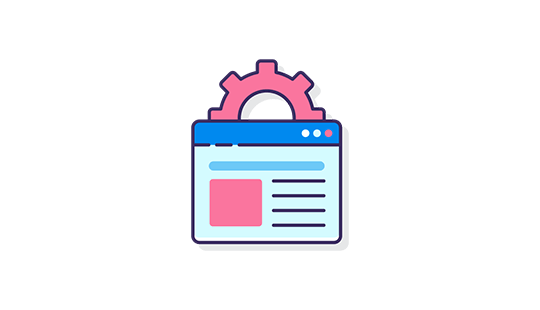What is Content Management Software?
The easiest way to define it is that it is a tool that helps you build a website without needing to write all the code from scratch (or even when you don’t know how to code at all). Every marketer knows that as long as you can bring in and maintain many visitors to a website, business might be good. But, to do so, one needs to continuously update it with great content to keep people attracted.

This highly-challenging task will be not possible without the guided assistance of content management software or CMS. But a CMS does more than just ensuring your content is attractive and up-to-date. This so reliable and powerful software also helps your site get attractive search results, remain secure, device-optimized, etc.
Why is CMS Important?
If you carefully get a CMS on-board, it can help you in the following ways:
- Make your authoring process efficient
- Update your website precisely as and when needed
- Make sure to be consistent in appearance and ‘look and feel’ of the website
- Personalize your website to meet your business needs
- Minimize website maintenance costs
- Eliminate the requirement for web developers or webmasters for simple content updates
- Coordinate your website with other business applications, for example, customer relationship and asset management systems
- Store important content, either for future use or reference
- Use powerful marketing to improve sales or user satisfaction
- Elevate your website and content for search engines or mobile use
6 Tips on Choosing the Right CMS
Choose the right CMS for your team – and avoid making mistakes by following these 6 tips below:
1.Choose a CMS That Supports Omnichannel
Even if your business is currently only supported by desktop or mobile sites, it’s important to consider other properties that you haven’t explored yet, but could be beneficial from in the future. Today, content exists in the form of AR/VR, mobile, kiosks, digital assistants, and so on, and there is no indication of this slowing down in the future. Make sure you choose a CMS solution that is competent to support new channels when you’re ready.
2.Don’t Restrain Your System To One Code
No matter how great a content management system is, if there are no efficient programmers available, it will fail. Many conventional CMS headaches start from needing to hire resources that are highly specialized in a specific CMS groundwork– this can be very limiting and narrow.
3.Support is More Important Than Software
A system could be everything you need, but if the platform team is not ready to help you when you need help the most, it creates disasters for everyone. Finding a content management system that allows developers to work without creating havoc in the creation and management of content is for sure to save your business time and money.
4.Make Sure to Test and Get a Proof-of-Concept First
Before you move to the CMS for your entire site, make sure to check the CMS and get a proof-of-concept. Execute a section of the website first and get team members and end-users to cross-verify everything from creating and authoring pages to generating a workflow process. Testing reduces many issues that may not have been visible and saves you a lot of time and money.
5.Choose an UI That is Automatic
Having an adaptable interface is especially important if you have a team that won’t be living in the system every day. They’ll need a solution that is convenient, does not require a lot of technical know-how or training, and can quickly pick it up when they log back in.
6.Strategize and Organize Your Website Correctly
One of the first things you should do when you’re implementing a new CMS or rolling out a redesign is to bring all of your team members into a room and gather their input. Don’t fail to plan because well begun is half done.
Now, Let’s Take a Look at the Best CMS Platforms to Choose From :
1.WordPress

WordPress.org is mostly the number one choice as the best CMS platform. It’s the world’s most popular CMS software, and it powers around more than 35% of all websites on the internet. It’s important to not confuse WordPress.org with WordPress.com.
WordPress.org is a free open source CMS originally designed for blogging, but now it’s used by all sorts of websites or even online stores. It doesn’t really require any technical skills or coding knowledge.
The WordPress block editor makes it easy to create amazing looking pages on your site. It is well designed for search engine optimization (SEO). It is easy to create SEO-friendly URLs and tags for your posts. You can choose from plenty of SEO plugins to help you do extra. WordPress offers a lot of flexibility which is what makes it an ideal CMS platform for both beginners and developers alike.
2.Joomla
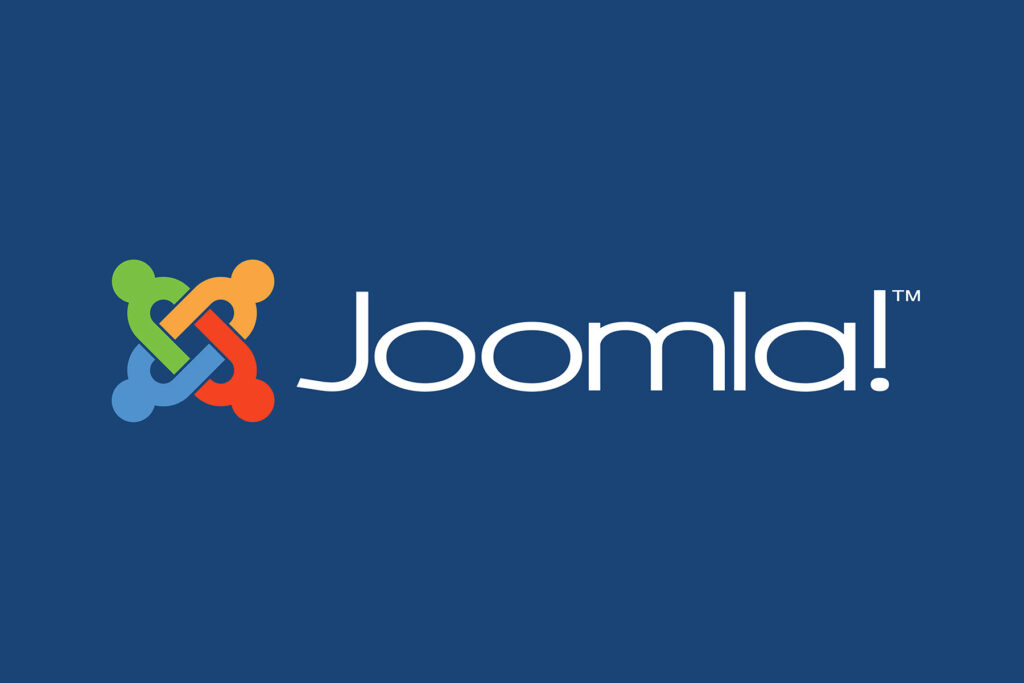
Joomla is also a popular free open-source CMS platform that comes with lots of different templates and extensions. It’s free to use, but you’ll need hosting and also a domain name.
It was first released in 2005; it’s been ongoing for years. Joomla is packed with features, and many web hosts offer a single-click installation. However, it’s an ideal CMS platform for all developers and experienced website creators, so it is not a pretty good option for beginners. It gives you lots of openness and plenty of options. It’s a good choice if you’re building something intricate. Although Joomla is particularly useful for developers, you also can still use it even if you don’t want to ever touch a line of code. It’s pretty easy to edit your content.
3.Drupal
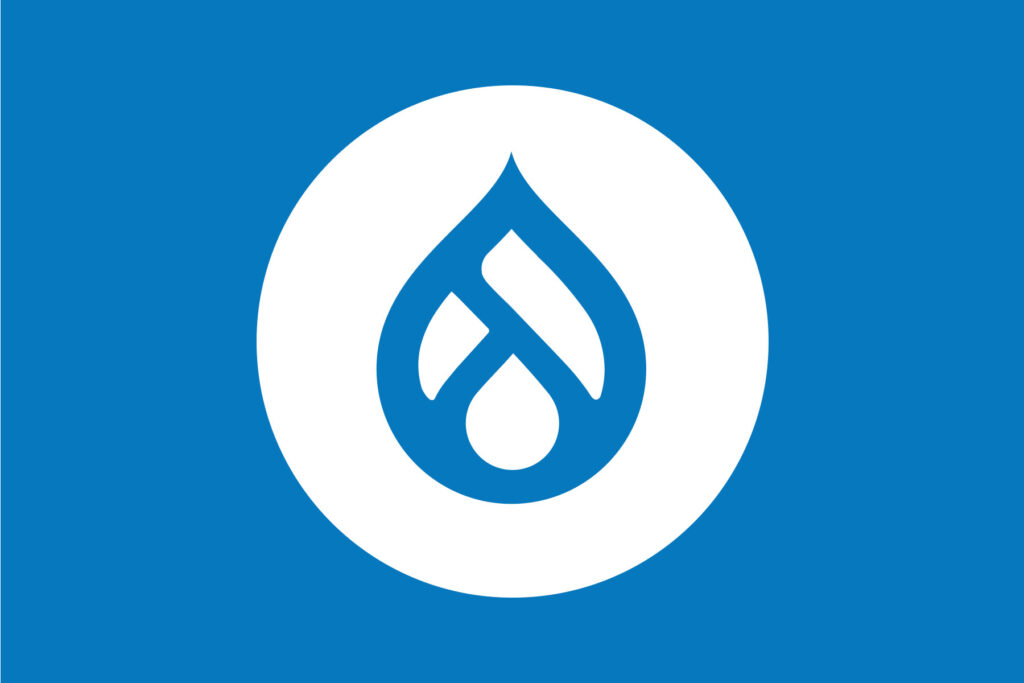
Drupal is an open-source CMS platform. It’s the CMS behind some major websites, like The Economist’s site and a number of university sites too.
Drupal is a good option for developers, or even for people able to hire a developer. It’s especially good if you’re planning to build a highly customized site that needs to handle a lot of data.
The installation is free and can even help you transfer an existing Drupal site. It’s simple to add content to Drupal.
The custom content types are flexible and offer numerous options. There are a lot of different modules available that you can add to your site. User management is quite easy, with an in-built system where you can create new roles and specify their permissions.
4.WooCommerce
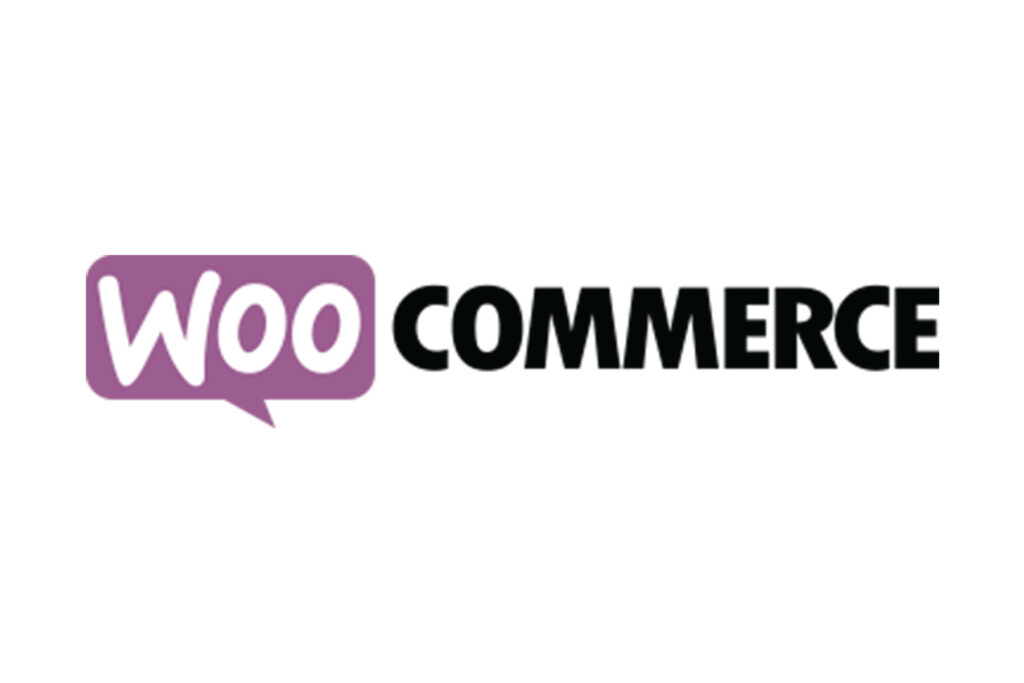
WooCommerce is one of the most well-known eCommerce platforms in the world. It’s very flexible and it’s easy to manage.
WooCommerce isn’t technically a CMS platform itself but it runs as a plugin on WordPress, so you’ll need to have WordPress on your site in order to install WooCommerce.
It is available as free software, but you’ll need WooCommerce hosting and domain name to get started. You can also sell physical or digital products. You can completely manage your inventory through WooCommerce, making it easy to keep track of what you have in stock.
5.BigCommerce
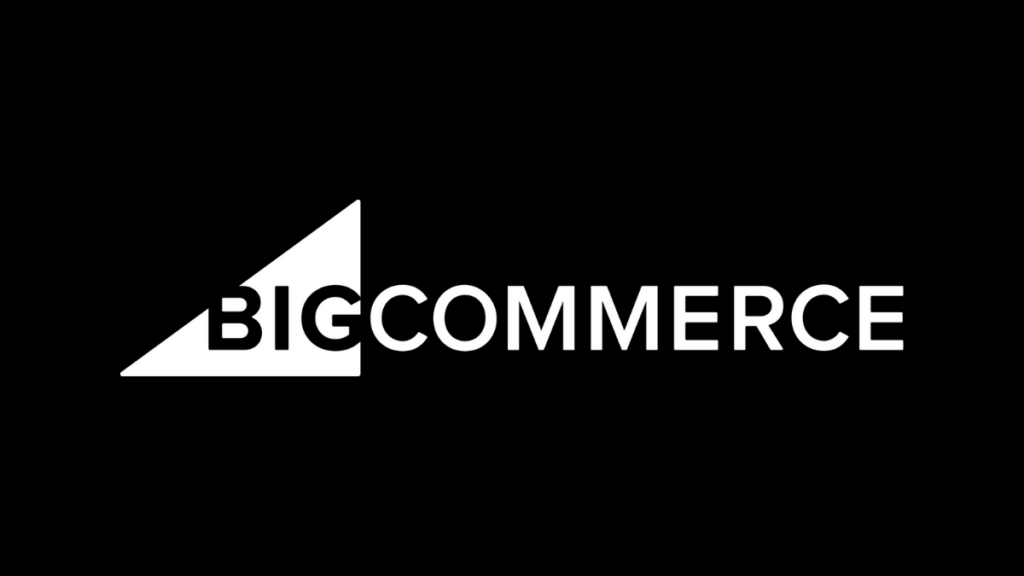
BigCommerce is a completely eCommerce platform, which is sometimes also called an all-in-one platform. It’s easy to start with if you’re a beginner.
BigCommerce hosts your site for you while providing the actual CMS platform itself. It handles content security and backups for you. There’s a trial plan, so you can give BigCommerce an experiment before committing. You can use a free domain name from BigCommerce, which will look something like example.mybigcommerce.com, or you can also pay for a custom domain name.
6.Shopify

Shopify is an all-in-one hosted CMS platform. You wouldn’t need to buy hosting, installing any software, or manage things like updates and backups.
It has a clear drag and drop interface. It supports in-store sales, which is great if you have a physical store and an online one as well.You can accept credit as well as debit cards through Shopify’s integrated payment solution, Shopify Payments. PayPal is also included as one of Shopify’s payment methods.You don’t need to update if you make over a certain amount in sales.
7.WordPress.com
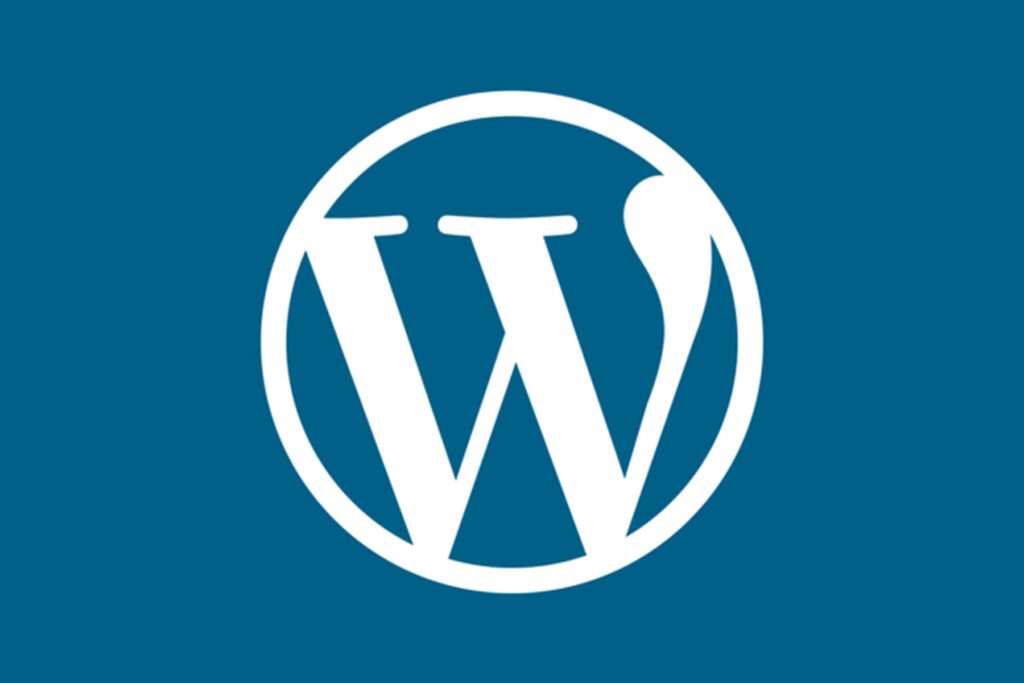
WordPress.com is the commercial and the hosted version of WordPress. It’s easily confused with WordPress.org, which is an open-source, self-hosted WordPress.
With WordPress.com, you get an all-in-one CMS platform that’s hosted for you. You can also purchase a domain name or use the free subdomain with WordPress.com branding. WordPress.com is super easy to get started with. You can add and edit content easily and beginners tend to find it very comfortable to use. You can create a site with WordPress.com completely free, without any charges. You’ll probably want to pay for at least the cheapest plan only if you can use wish to use your domain name.
8.Ghost

Ghost is a Content Marketing Software platform specially designed for bloggers. The CMS platform doesn’t force content to be delivered in any specific way.
So, the content you produce could be shown on a website, but it could also be sent to a mobile app or something else entirely, the way you want it. If you’re not a developer or you just want to use Ghost for blogging, you don’t need to worry about this.
You can use Markdown when you want to write in the Ghost editor. It is a way of formatting text where you add special characters around words to make them bold, italics, underlined, and so on. There’s a lot of support for SEO (search engine optimization) built into Ghost. No need to add any plugins to deliver this.
9.Magento
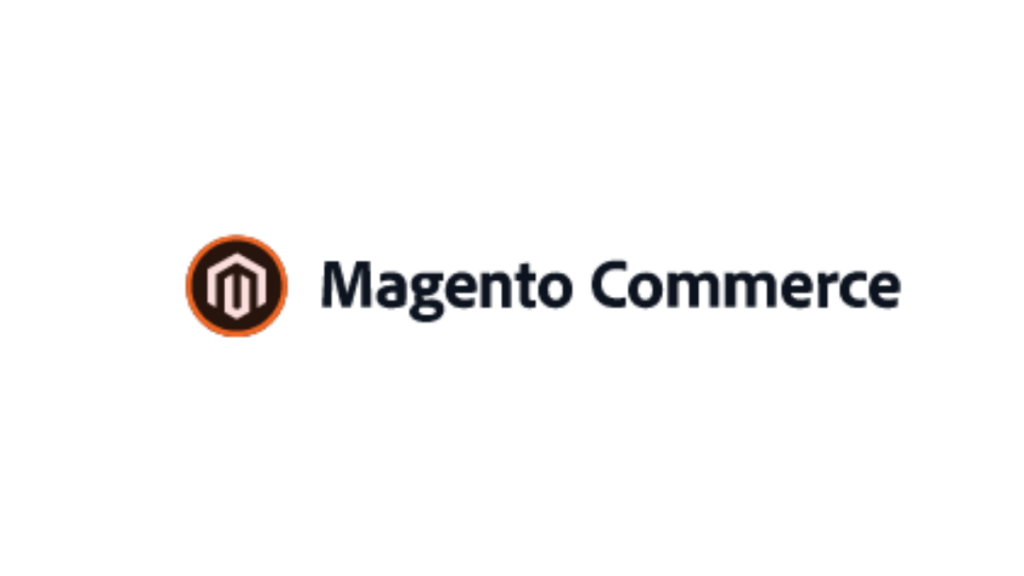
Magento is an amazing open-source eCommerce platform from the software company, Adobe. There’s a free version available which you can download and install on your own web hosting account, called Magento Open Source.
If you want to use this, then SiteGround Magento hosting would be the easiest possible way to get started. If you want, then you can pay for Magento Commerce. This comes with full support and is hosted for you, but it’s pretty expensive.
A CMS carries the power with simplicity so you still have time to concentrate on improving your business.
Here are Key Benefits of Using a CMS to Run Your Business Website
1.It’s Easy for the Non-Technicals as Well
Not everyone has the same comfort level with technology, but the basic CMS functions of writing and publishing content. These slightly more advanced ones of adding media are usually easy for everyone to grasp.
In fact, anyone who can use word-processing software can use a CMS for the basics – so no need to bother spending much time on training.
2.It Allows Multiple Users
In business, there are so many people who give input into your website, from those who add the product pages to those who produce blogs for your content marketing.
A CMS makes it easy to assign roles and publishing permissions for all the users so that only those you want to allow to publish content and the same content only goes live when you’re ready.
3.It Streamlines Scheduling
Any decent CMS will give you at an instance, the status of all content, whether it’s life, being reviewed or even a simple draft. That doesn’t just apply to blogs but to product and other website pages. It allows you to assign tasks and also check if they have been done.
And it’s easy to combine planned content with your marketing plan so that everyone will know what’s happening when.
4.It Improves Site Maintenance
Without a CMS, changing something on site can mean having to trawl through hundreds of pages, making changes on each one.
With a CMS, the fundamental architecture is the same so you can make maintenance changes. Even update the CMS software and add functionalities without breaking the site. In fact, with the right CMS, it might even keep itself up-to-date automatically.
5. Design Changes Are Simple
Speaking of changes, let’s see what we have got for the look of the site. If you want to change the design of the site, a CMS makes the process easy. That’s because the content and design are separated, so you can make design changes while keeping the site functional.
Another advantage is the ability to make a change in your administrative dashboard and have it automatically reach out to the entire site. This gives your site a consistent flow and looks and is also great for branding. It makes it very easy to update the mobile interface for your site.
6.It helps you manage content
This may seem obvious, but for some businesses, content management is not just about publishing content but about being able to remove it when it’s not needed.
If you are running a promotion, then even before the season ends, you will want to remove and change it. With a CMS, this is as simple as publishing the content – all menus and links update automatically so that your customers continue to have the good experience of the site.
And if you want to include customized content such as countdowns and lists, the CMS can be allowed to set this up. And a good CMS definitely includes SEO too, making sure your content ranks at the top of the search engines.
7.You’re In Control
All of this gets you to the biggest benefit of a CMS. Instead of being dependent on external help, with a CMS, you are in control, with the ability to assign tasks and roles and to check progress at any time. That puts you in the front seat when it comes to this very important business tool.
